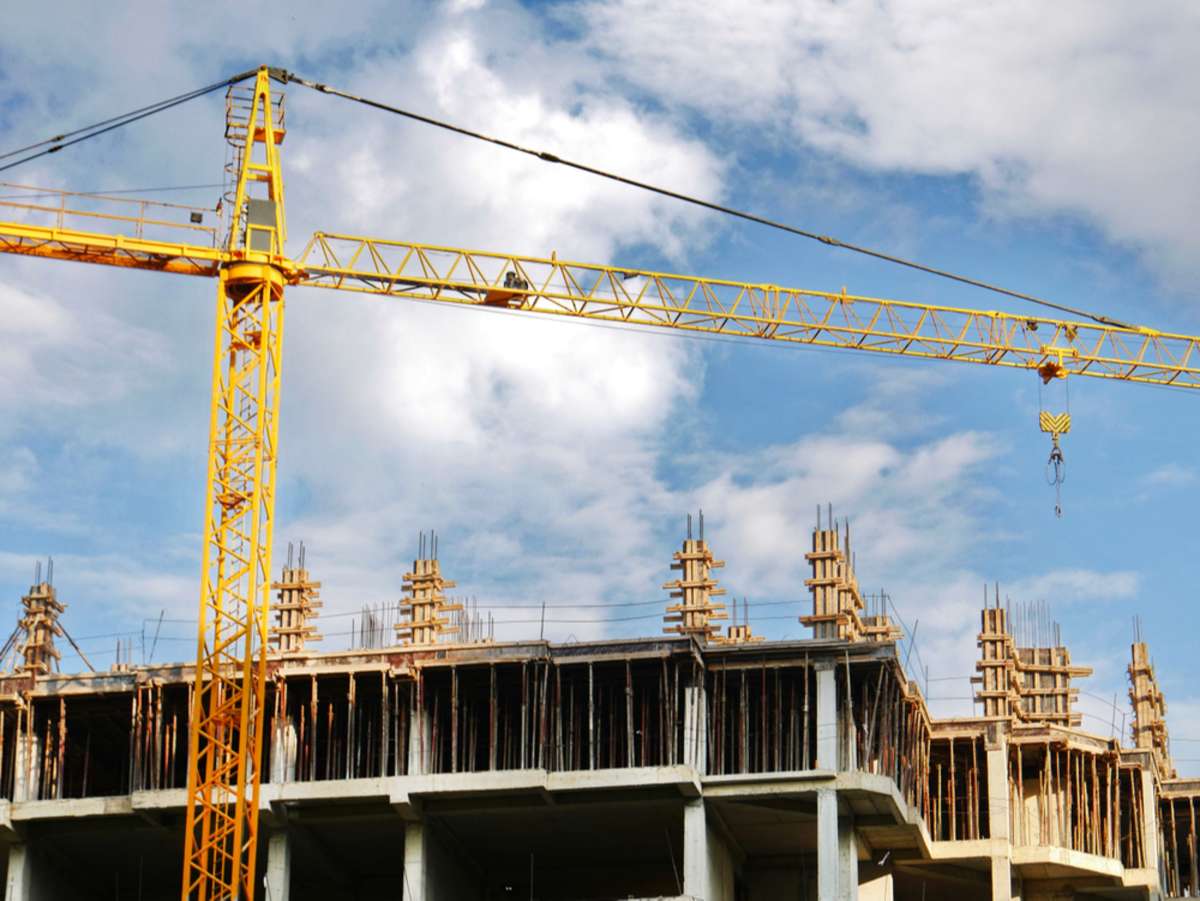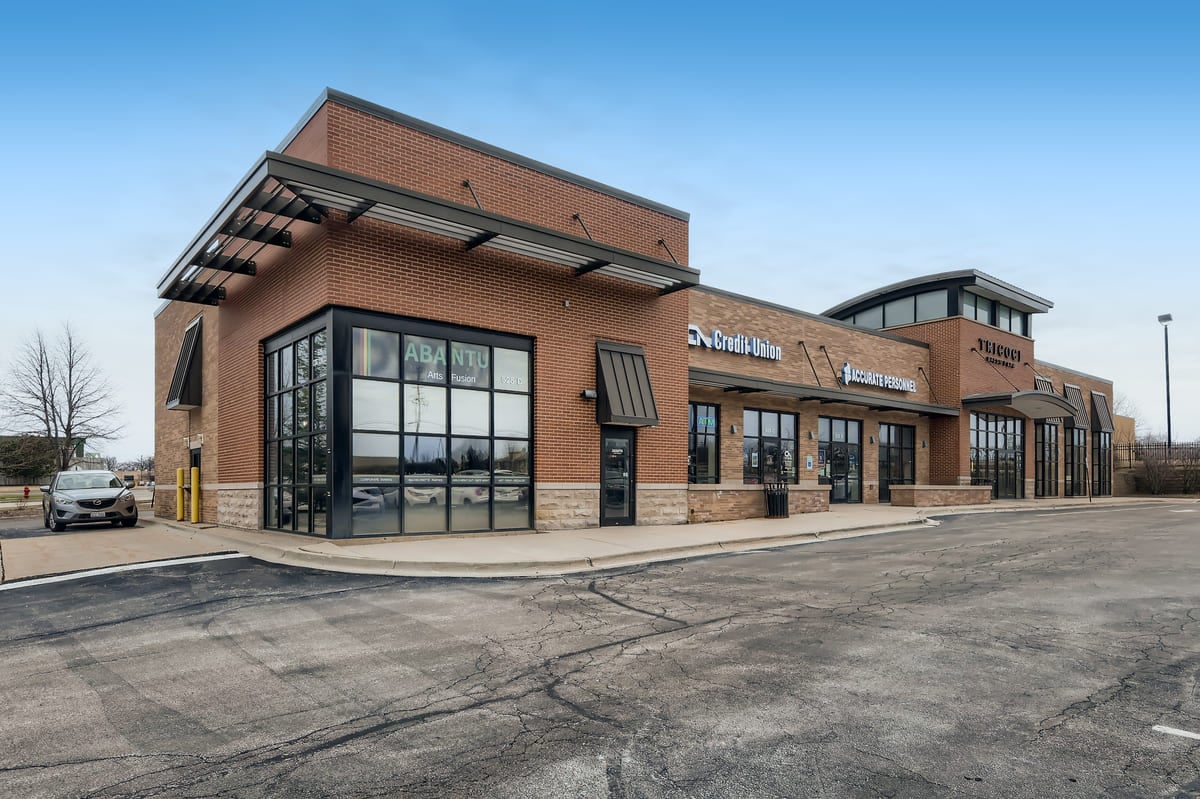
The commercial real estate market faced some undeniable challenges throughout 2022 and leading into 2023.
After a year of high inflation, high interest rates, lagging supply chain issues from covid-19, and a possible recession on the horizon, investors are advised to be especially discerning to navigate this landscape when considering commercial real estate for sale. However, this doesn't mean there aren't great deals to be found.
This blog looks at some of the critical considerations for the commercial real estate market in 2023, possible trends that may develop, and a real estate group focused on brokering the best possible deals for investors to remain resilient during the coming period of uncertainty.
Market Conditions and Financing
Shifts in how buildings are marketed, valued, and utilized are on the way, with creativity and innovation becoming a required strategy for CRE success.
Compounding this is that access to capital may be more difficult as lenders have put the brakes on slightly due to market volatility and persisting questions around the work-from-home vs. office debate and inflation. However, as the economic tension eases and rates decrease, lender confidence may rise.
It's also worth noting that CRE has historically performed well during high inflation.
 Of over 450 surveyed CFOs of leading commercial real estate management and investment groups, only 40% predicted an increase in revenue for 2023. With the big firms on the pessimistic side, this spells a less competitive market as the cost of borrowing increases. As a result, start-up investment firms and small-scale investment groups may be pushed aside in favor of sizable institutions with liquidity and assets.
Of over 450 surveyed CFOs of leading commercial real estate management and investment groups, only 40% predicted an increase in revenue for 2023. With the big firms on the pessimistic side, this spells a less competitive market as the cost of borrowing increases. As a result, start-up investment firms and small-scale investment groups may be pushed aside in favor of sizable institutions with liquidity and assets.
Pandemic After-Effects are Still Being Felt
Shipment delays and increasing cost of materials and goods have created a squeeze and a highly competitive market where new builds suffer significant delays. Therefore, demand for Tier 1 buildings in prime locations will increase as tenant demand favors these newer or stronger amenity-laden structures.
Construction groundbreakings will generally decline, new buildings will decrease, and older buildings will see updates as investors look for value-add opportunities in pre-existing Tier 1 assets to meet these tenant requirements.
Multifamily Will Remain Strong
Vital locations, for example, in the real estate Chicago suburbs offer, could prove a foundation for the rising demand for multifamily offerings in suburban areas.
CBRE projects that nearly 3.5 million new market-rate multifamily units will be needed by 2035 as this suburban demand increases.
Inflationary pressure further adds to the ongoing demand for rent as homebuyers are delaying purchases to wait out the financial storm and take advantage of more favorable conditions.
Housing supply issues and ongoing demand for affordable housing could see developers and investors consider fast and effective solutions, such as modular housing options — providing a foundation for stable, long-term renters. Additionally, as some estimations put twenty states as having housing deficits, multifamily owners may be able to adjust rents accordingly due to the high demand.
New Construction May Slow
Capital access, cost of goods, and high rates will see many construction projects slow but not come to a halt. Labor costs will hit investors hard as competition and increased demand for quality builders create a favorable market for workers.
Due to this, developers may invest capital into pre-existing assets to upgrade and look for value-add opportunities rather than build from the ground up.
Industrial Will Perform Well Thanks to e-commerce
Due to the e-commerce boom during covid-19 and the continued facilitation of digital marketplace, shipment centers and warehouses in young, diverse communities are predicted to do well. 
It's worth keeping an eye on industrial property in Chicago. However, it may see some government mandates on building energy efficiencies, creating more barriers to entry.
Retail Will Become Industry Dependent
Location and category come into play when considering forecasting for the retail sector. While e-commerce has shifted business online, fundamentals such as food and beverage stores, entertainment centers, and community-focused locations may remain strong in suburban tertiary markets such as Chicago.
Additionally, repurposing and multi-use spaces may become more mainstream to meet the growing demand for leisure and lifestyle in the suburban markets.
Fundamentals of Tenant Care and Management Will Be Invaluable
While the landscape for the commercial real estate Chicago offers may seem murky, deep research, trusted partnerships, and expert guidance are invaluable to a successful real estate deal.
As an Accredited Management Organization (AMO), we offer an unparalleled service to clients, creating the best possible investment and management opportunities regardless of the financial climate.
Some of our services include:
-
24-hour availability for emergency calls
-
Immediate attention to all tenant complaints
-
Fully computerized bookkeeping and billing
-
Monthly reports to owners detailing income and expenditure
We also keep up with changing trends for commercial real estate in the Chicago area. Our experienced team helps investors forecast and plan for the best outcomes, no matter the future of CRE!
The Real Estate Chicago Suburbs Offers Is a Good Bet for Future CRE Investing
While the commercial real estate landscape may be unclear for the future, fundamentals in multifamily and industrial remain strong, making the Chicago suburban market a hot spot for investment.
With extensive knowledge of the suburban Chicago market, Brian Properties can serve clients needing space for lease in office, retail, medical, and industrial buildings. So, reach out to the team today to discover how our expert knowledge and historical presence in Chicago can help investors unlock opportunities in the Chicago area.
Similar Posts
Mar
10 Chicago Commercial Real Estate Investing Considerations
When it comes to commercial real estate (CRE) investment, thorough research is critical. From selecting the right property type to structuring deals,...
Feb
Why Consider New Suburban Commercial Real Estate Construction
Chicago's status as one of the nation's leading commercial centers, location as a key transportation hub, and growing demand for retail space make it...
Jan
Rewards and Risks Associated With Commercial Real Estate Investing
Commercial real estate (CRE) can be a powerful vehicle for investors seeking high-end deals. In addition, due to appreciation and a stable cash flow,...



